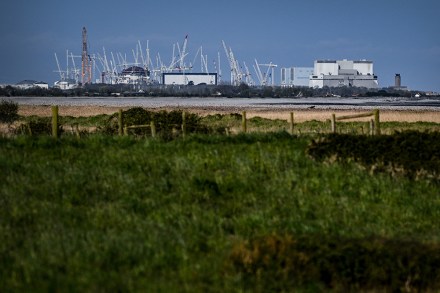Is ‘wind drought’ the latest climate catastrophe?
Simon Winchester has found an excellent subject. While invisible, wind makes itself apparent through its effect on other things. This may mean flying detritus, scudding clouds and the rustle of foliage; or it may mean the ways in which it irresistibly alters and directs larger movements in society and culture. Much of the history of global capitalist exchange was driven by the trade winds, forcing the direction of money and goods into particular cross-continental patterns of advantage and disadvantage. Over the centuries, we have discovered more and more, understanding the westerlies and those high, savage rivers of air, the jet streams. Many significant events have been settled by wind. The






